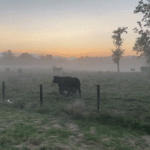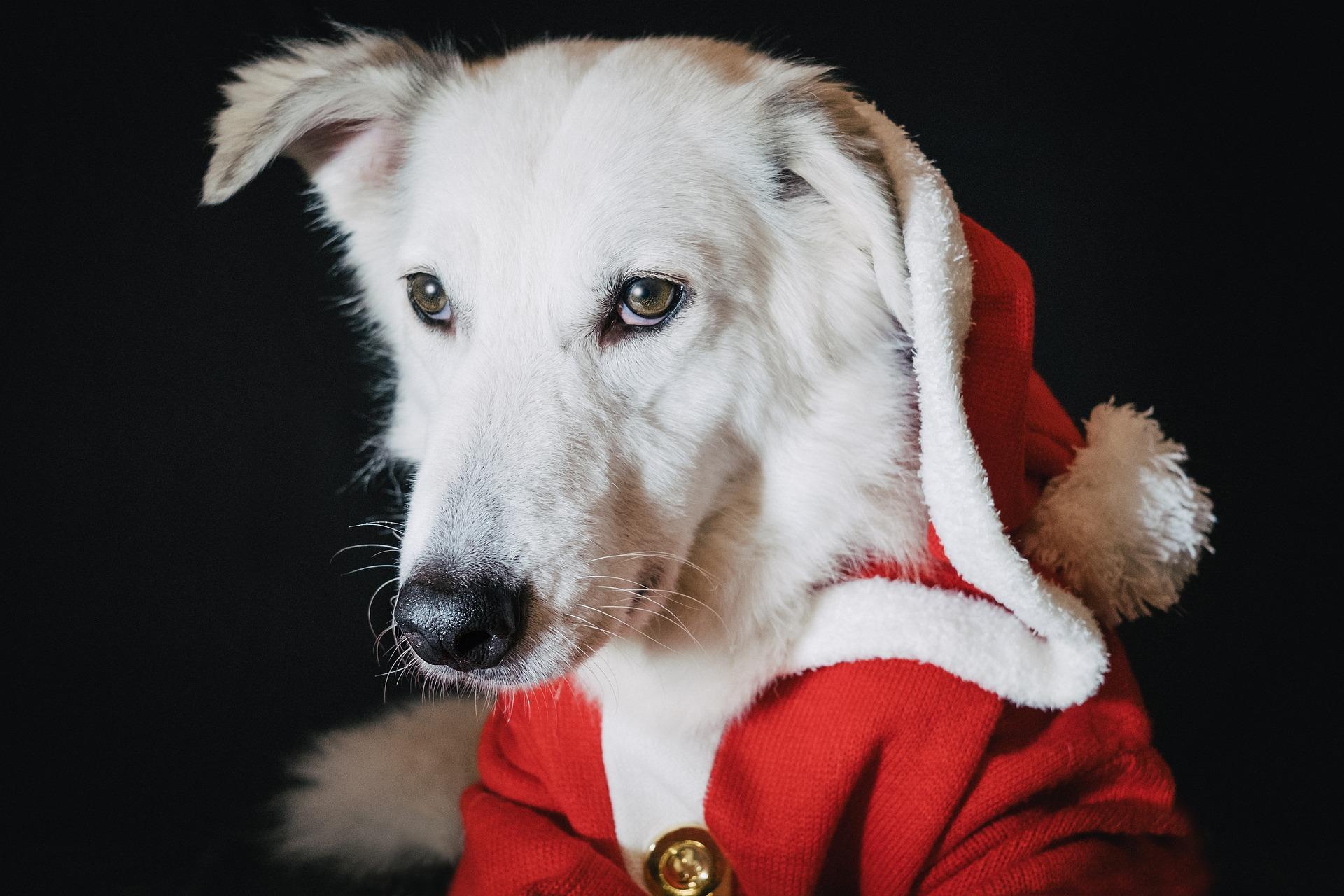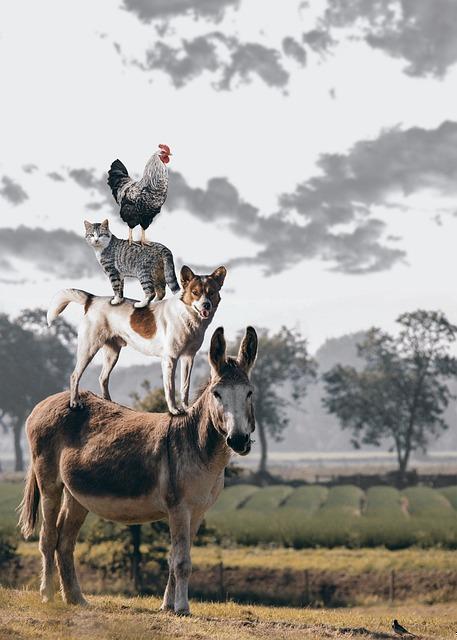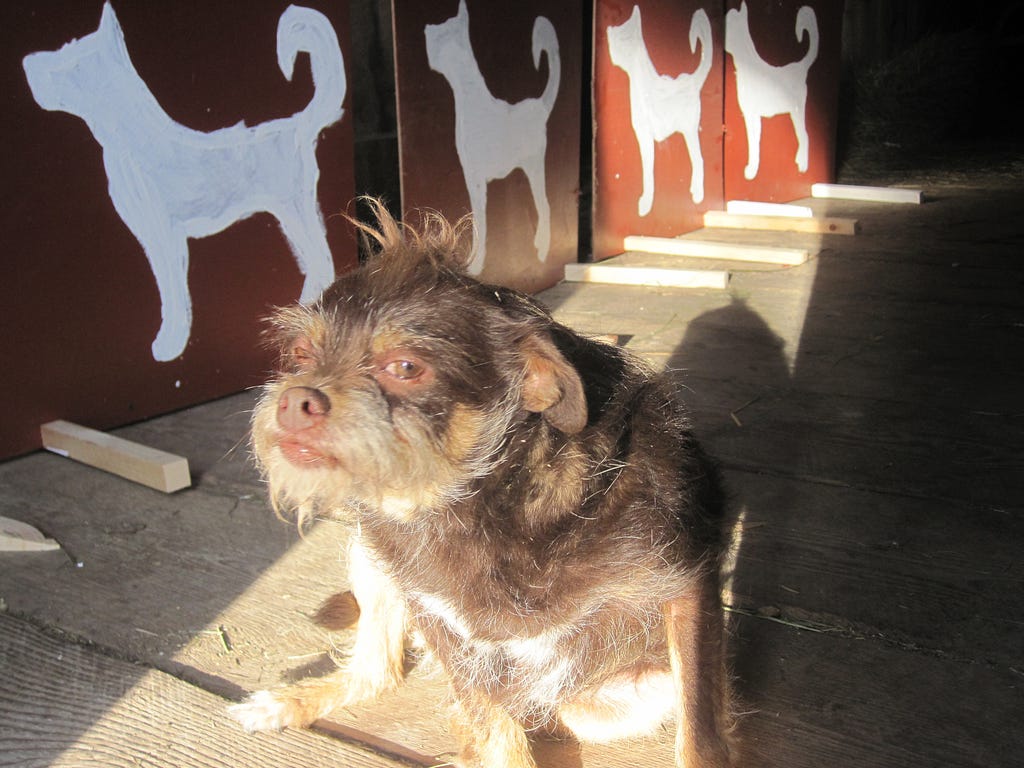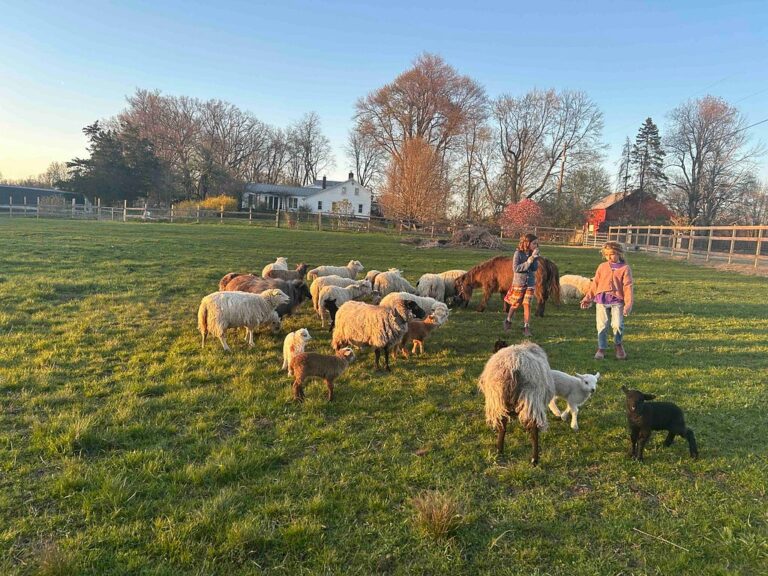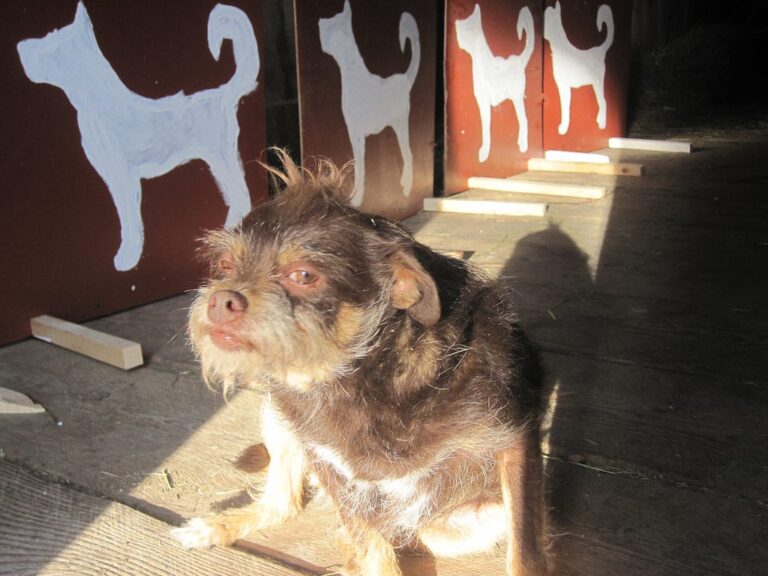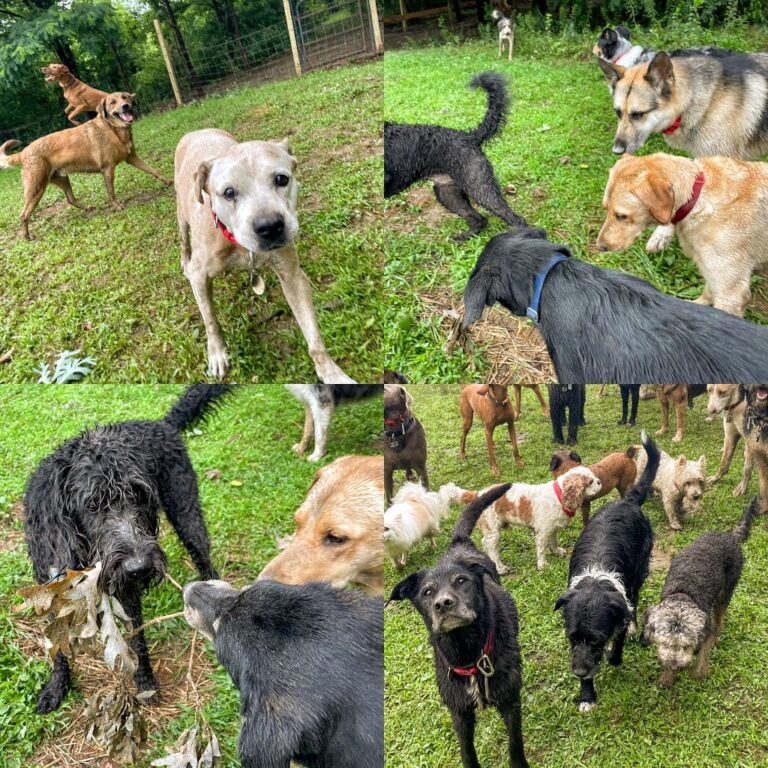Glencadia Magazine
How to Choose a Safety First Dog Gate for Your Home
November 7, 2025
Dog gates protect your family and pets from accidents, but not all gates offer the same level of protection. A poorly chosen gate can create ...
Trending
Editorial picks
Groomer accused of killing dog in Texas was trying to 'maintain control': police – FOX 59 Indianapolis
May 5, 2024
Groomer accused of killing dog in Texas was trying to ‘maintain control’: police FOX 59 Indianapolissource
Read More →
Are Dogs Allowed in Nordstrom? 2024 Update – Dogster.com
December 13, 2024
Image Credit: Augustcindy, Shutterstock Last Updated on July 26, 2024 by Dogster TeamGreat news for dog lovers who also love shopping at Nordstrom. In 2023, ...
Read More →
XL Bully 'savages man, 49, in London park as dog lover left with horror injuries' – The Mirror
August 21, 2024
XL Bully ‘savages man, 49, in London park as dog lover left with horror injuries’ The Mirrorsource
Read More →
World’s tallest male dog dies shortly after securing record – Live 5 News WCSC
September 16, 2024
source
Read More →
Common Health Conditions in Shelter Dogs That Really Aren’t a Big Deal
November 1, 2023
BY DR. ALYCIA WASHINGTON, DVM, MS NatRomero / Shutterstock Adopting from an independent rescue organization or an animal shelter is a great way to provide ...
Read More →
Introducing baby to your dog: A few things you shouldn't do—not even for a picture. – Slate
June 26, 2024
Every day, Holly Blakney sees worrisome interactions between dogs and young children posted on social media. “I just go through them shaking my head and ...
Read More →
D.C. dog rescuer: How an animal lover is saving dozens of dogs from kill shelters – WJLA
September 30, 2024
source
Read More →
Farm-to-Bowl has started hitting NYC bowls
October 31, 2023
View this post on Instagram A post shared by Quiche & Crockett (@quicheandcrockett) This post was originally published on this site
Read More →
Have A Sleepover With A Shelter Dog At This Arkansas Hotel – Southern Living
October 25, 2024
Have A Sleepover With A Shelter Dog At This Arkansas Hotel Southern Livingsource
Read More →
Fragment or Farm?
September 22, 2025
No Comments
The land is good. The policies, not so much. If you think of a rural area, what do you imagine goes on on the land? Farming? …
Scruffy McScruffface
August 10, 2025
A poem for a scruffy dog who urinated on precious items intentionally to piss people off and ate rancid fish rejected by hungry wild animals ...
NYC PET NEWS
Around The World
10 months ago
I just have to share how amazing Glencadia Dog Camp has been for my dog, Cocoa! For years now, I’ve been sending him there, and honestly, it’s been such a relief as a busy working professional in NYC. I can’t tell you how much peace of mind I get knowing Cocoa is in such good hands.
The prices are super reasonable, especially considering how happy and healthy Cocoa is when he comes back home. It’s like he’s had a mini vacation, and I love seeing him so excited after a stay at camp.
But the real stars of the show are the staff. They’re so kind and genuinely care about the dogs. Phil and all the dog handlers are incredibly communicative and responsive. I feel like I can always reach out if I have questions or just want to check in on Cocoa, and they’re always there to support me if I have a change in plans.
Thank you, Glencadia Dog Camp, for being such a fantastic place for cocoa. You guys are truly the best! I can’t recommend you enough to other dog owners looking for a loving environment for their dogs.
2 years ago
We absolutely LOVE Glencadia. We have been sending our dog Astor to Glencadia for several years now. He has been over 10 times!!! Astor has gone to camp from as little as a weekend stay to a longer 2 week stay. We have recommended Glencadia to at least 10 people and they always rave about it and are SO happy we recommended it to them. We love Glencadia because of how convenient the service is. Astor is obsessed with doggy driver Phil! The pick and drop off service is an absolute game changer. Glencadia is very affordable compared to everything else in the city and Astor gets his own little vacation when we go on vacation. We always know our dog is in good hands and it is very obvious he is having the time of his life when we see him romping around with a huge smile on his face in the photos and videos. Astor is always so exhausted when he gets home because of how much fun he had with all of his new and old camp friends!! HIGHLY recommend Glencadia. We could not recommend them enough.
a year ago
Glencadia Dog Camp has been a home away from home for my dog Bagel for over 3 years now, and I wouldn’t think of sending him anywhere else. The peace of mind I get knowing he’s on his own little vacation while I’m on mine, and enjoying the photos they provide, is priceless. Their seamless pick up and drop off service adds to the convenience and reliability of their care. Highly recommend!
Here is a photo of him having fun during his most recent stay:
a year ago
My dog has been LOVING it at Glencadia. I'm delighted to see all the fun photos that get uploaded every day. This is her second time back, and we've already booked her for a month long stay in the next few months.
The wellness checks where the dogs get weighed and checked for scratches, ticks, and overall health are reassuring to read. The Glencadia team makes sure the dogs are in tip top shape. The photos of the dogs sitting on the bench after the wellness checks are fun to see as well. Their faces are always beaming!
I was worried the first time I sent my dog because I adopted her when she had severe separation anxiety. Training wasn't getting anywhere as she was attached only to me. I think she learned to self soothe at camp being around other dogs and being in a safe environment. When she got back, her separation anxiety training went so much more smoothly!
8 months ago
Fantastic! We have a very high energy dog who desperately needs mental and physical stimulation throughout the day. When we drop him off at The Glencadia Dog Camp for vacation, not only do we know he’s safe, but he will have an amazing time with all the other dogs while we’re gone. We know this because he doesn’t look back when he leaves and looks disappointed to have to come home haha. We pay a little extra for the gourmet meals and add a nail clipping for $20 which is 100% worth it!
Though the initial $40 reservation fee can be a bit steep if you are leaving town for only a day or two, that one time fee spread out over multiple days averages to about that of a kennel. The grounds are beautiful and we love telling everyone about the great “dog resort” we found in Kinderhook, NY!
10 months ago
I just have to share how amazing Glencadia Dog Camp has been for my dog, Cocoa! For years now, I’ve been sending him there, and honestly, it’s been such a relief as a busy working professional in NYC. I can’t tell you how much peace of mind I get knowing Cocoa is in such good hands.
The prices are super reasonable, especially considering how happy and healthy Cocoa is when he comes back home. It’s like he’s had a mini vacation, and I love seeing him so excited after a stay at camp.
But the real stars of the show are the staff. They’re so kind and genuinely care about the dogs. Phil and all the dog handlers are incredibly communicative and responsive. I feel like I can always reach out if I have questions or just want to check in on Cocoa, and they’re always there to support me if I have a change in plans.
Thank you, Glencadia Dog Camp, for being such a fantastic place for cocoa. You guys are truly the best! I can’t recommend you enough to other dog owners looking for a loving environment for their dogs.
2 years ago
We absolutely LOVE Glencadia. We have been sending our dog Astor to Glencadia for several years now. He has been over 10 times!!! Astor has gone to camp from as little as a weekend stay to a longer 2 week stay. We have recommended Glencadia to at least 10 people and they always rave about it and are SO happy we recommended it to them. We love Glencadia because of how convenient the service is. Astor is obsessed with doggy driver Phil! The pick and drop off service is an absolute game changer. Glencadia is very affordable compared to everything else in the city and Astor gets his own little vacation when we go on vacation. We always know our dog is in good hands and it is very obvious he is having the time of his life when we see him romping around with a huge smile on his face in the photos and videos. Astor is always so exhausted when he gets home because of how much fun he had with all of his new and old camp friends!! HIGHLY recommend Glencadia. We could not recommend them enough.
a year ago
Glencadia Dog Camp has been a home away from home for my dog Bagel for over 3 years now, and I wouldn’t think of sending him anywhere else. The peace of mind I get knowing he’s on his own little vacation while I’m on mine, and enjoying the photos they provide, is priceless. Their seamless pick up and drop off service adds to the convenience and reliability of their care. Highly recommend!
Here is a photo of him having fun during his most recent stay:
a year ago
My dog has been LOVING it at Glencadia. I'm delighted to see all the fun photos that get uploaded every day. This is her second time back, and we've already booked her for a month long stay in the next few months.
The wellness checks where the dogs get weighed and checked for scratches, ticks, and overall health are reassuring to read. The Glencadia team makes sure the dogs are in tip top shape. The photos of the dogs sitting on the bench after the wellness checks are fun to see as well. Their faces are always beaming!
I was worried the first time I sent my dog because I adopted her when she had severe separation anxiety. Training wasn't getting anywhere as she was attached only to me. I think she learned to self soothe at camp being around other dogs and being in a safe environment. When she got back, her separation anxiety training went so much more smoothly!
8 months ago
Fantastic! We have a very high energy dog who desperately needs mental and physical stimulation throughout the day. When we drop him off at The Glencadia Dog Camp for vacation, not only do we know he’s safe, but he will have an amazing time with all the other dogs while we’re gone. We know this because he doesn’t look back when he leaves and looks disappointed to have to come home haha. We pay a little extra for the gourmet meals and add a nail clipping for $20 which is 100% worth it!
Though the initial $40 reservation fee can be a bit steep if you are leaving town for only a day or two, that one time fee spread out over multiple days averages to about that of a kennel. The grounds are beautiful and we love telling everyone about the great “dog resort” we found in Kinderhook, NY!
10 months ago
I just have to share how amazing Glencadia Dog Camp has been for my dog, Cocoa! For years now, I’ve been sending him there, and honestly, it’s been such a relief as a busy working professional in NYC. I can’t tell you how much peace of mind I get knowing Cocoa is in such good hands.
The prices are super reasonable, especially considering how happy and healthy Cocoa is when he comes back home. It’s like he’s had a mini vacation, and I love seeing him so excited after a stay at camp.
But the real stars of the show are the staff. They’re so kind and genuinely care about the dogs. Phil and all the dog handlers are incredibly communicative and responsive. I feel like I can always reach out if I have questions or just want to check in on Cocoa, and they’re always there to support me if I have a change in plans.
Thank you, Glencadia Dog Camp, for being such a fantastic place for cocoa. You guys are truly the best! I can’t recommend you enough to other dog owners looking for a loving environment for their dogs.



